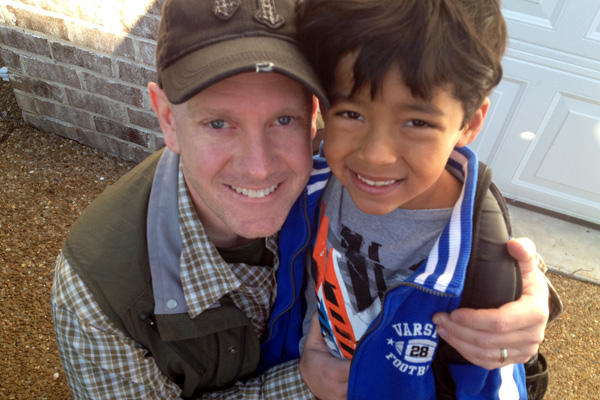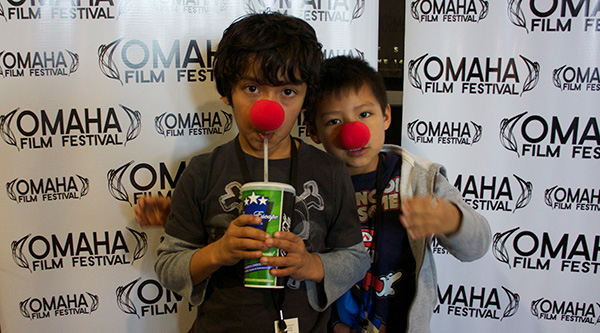Diving into documentary production is much like diving into the ocean: it’s breathtakingly beautiful, but it can also be overwhelming.
A year ago today, I said goodbye to my family to spend two and a half months in Guatemala working on my film, “Becoming Fools”. I was eager to get to Guatemala and start capturing the story. Prior to my trip, I had been directing the production from the U.S. for a couple of months, which proved to be quite frustrating. Every day brought new conflicts and obstacles that seemed to hinder our progress. It certainly felt that way, especially since bad news travels fast, particularly when you’re trying to achieve something positive. So, I boarded a plane to immerse myself in this film and pursue what I felt called to do.
I thought that being in Guatemala would somehow bring continuity to our production. I believed that things would become easier with my physical presence in the country. But I was mistaken. Proximity to conflict does not provide an advantage in controlling it. It wasn’t any easier; it was just a different kind of difficulty—one that was, in many ways, even more challenging. I found myself closer to the waves that constantly crashed down on everything, quickly getting swept out to sea just like everyone else.
However, I know two essential things about waves that also apply to documentary film production:
1. Don’t fight the current.
2. Never swim alone.
Charles Dickens captured this irony perfectly when he wrote, “It was the best of times, it was the worst of times, it was the age of wisdom, it was the age of foolishness…” This prophetic description certainly applied to the Becoming Fools production. It was grueling, stressful, and at times absolutely heart-wrenching. Yet, it was also one of the most joyful periods of my life. I joined hands with close friends and intentionally dove into the crushing breakers because we believed in something greater than ourselves. We were all swept away by the crashing waves and pushed beyond our comfort zones. But somehow, being together made it better because we weren’t swimming alone. This sense of community—mutual trust and interdependence—gave us the confidence to persevere in the face of enormous adversity. We all dove in together.
Ironically, none of us knew how to swim in the first place. None of us had the capacity to achieve our goal. We had all failed at some point. We weren’t the dream team, and at times it felt like a real nightmare. Yet, our group of seemingly incapable individuals became capable because we were called together by the One who makes all things possible. In this calling, my incapacity provided strength for someone else, and vice versa, when we committed to each other in the collaborative process.
However, working together isn’t easy. It can be chaotic and filled with dysfunction. We all make mistakes and may hurt each other in ways that seem to hinder any progress. A group of frightened people climbing on each other while gasping for air in a surging tide will almost certainly drown one another. But we have a life raft if we choose the right perspective. Over time, the ugliness can cancel itself out in a beautiful equation of grace, provided that it is built on a foundation of God’s love. That love compensates for our mistakes and transforms our self-ambition into a sacrifice for others. Thankfully, that love is a life raft big enough for all of us.
I dove into the ocean of documentary production hoping to make a difference in the lives of youth living on the streets. For the past year, I have been tossed around by a current I cannot control, and I still don’t know where it will take me. Yet, with the support of my fellow fools, I will continue to hold on to this life raft of love that transforms an ocean filled with broken people into an ark of redeeming grace, capable of bringing hope to distant shores.



